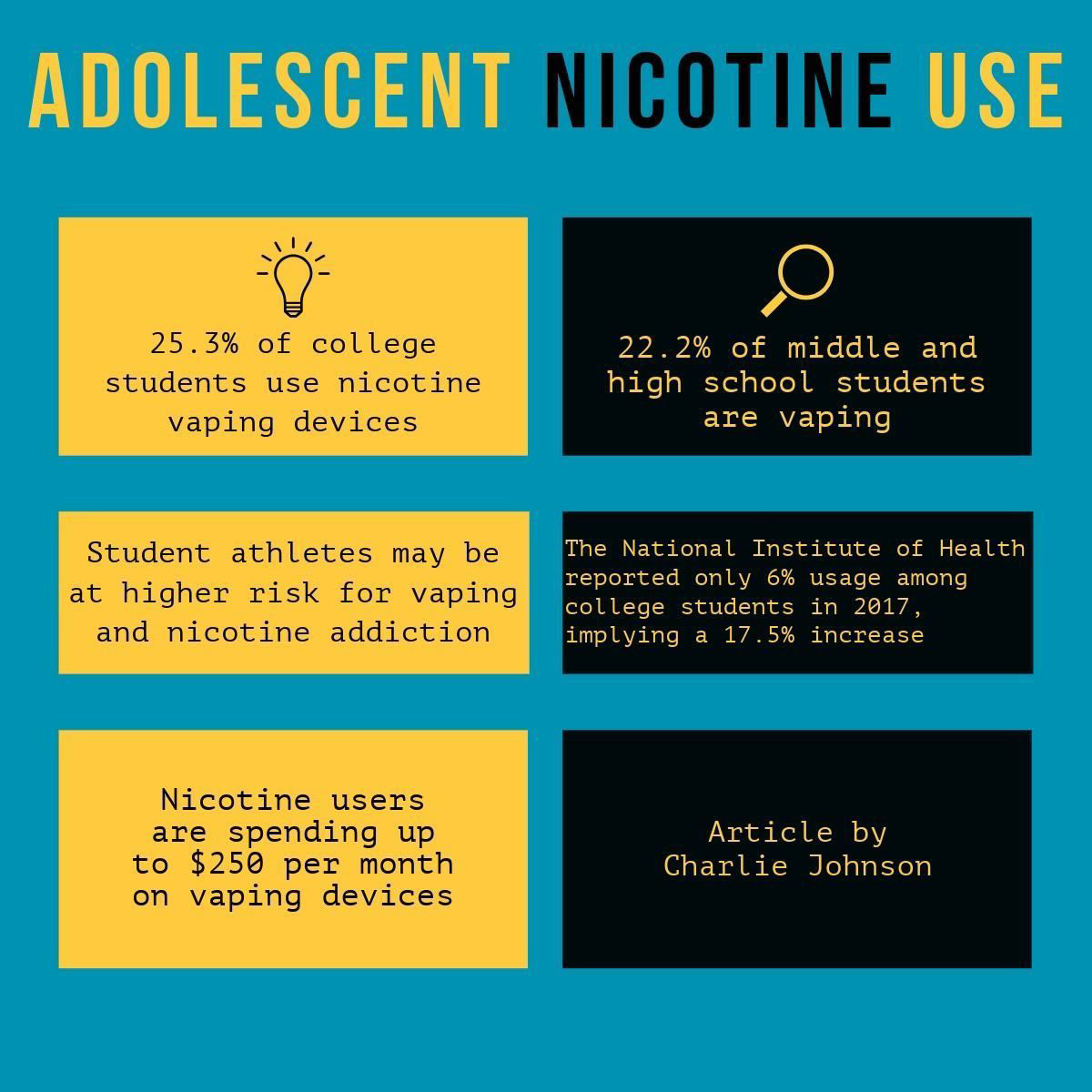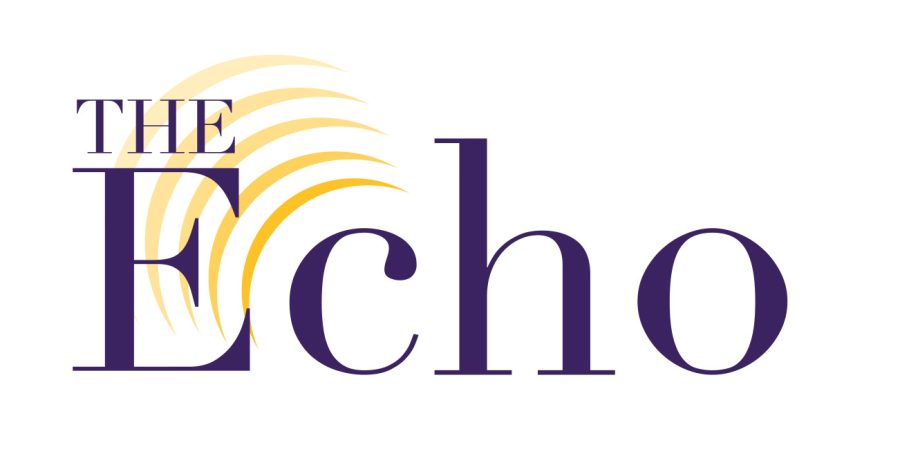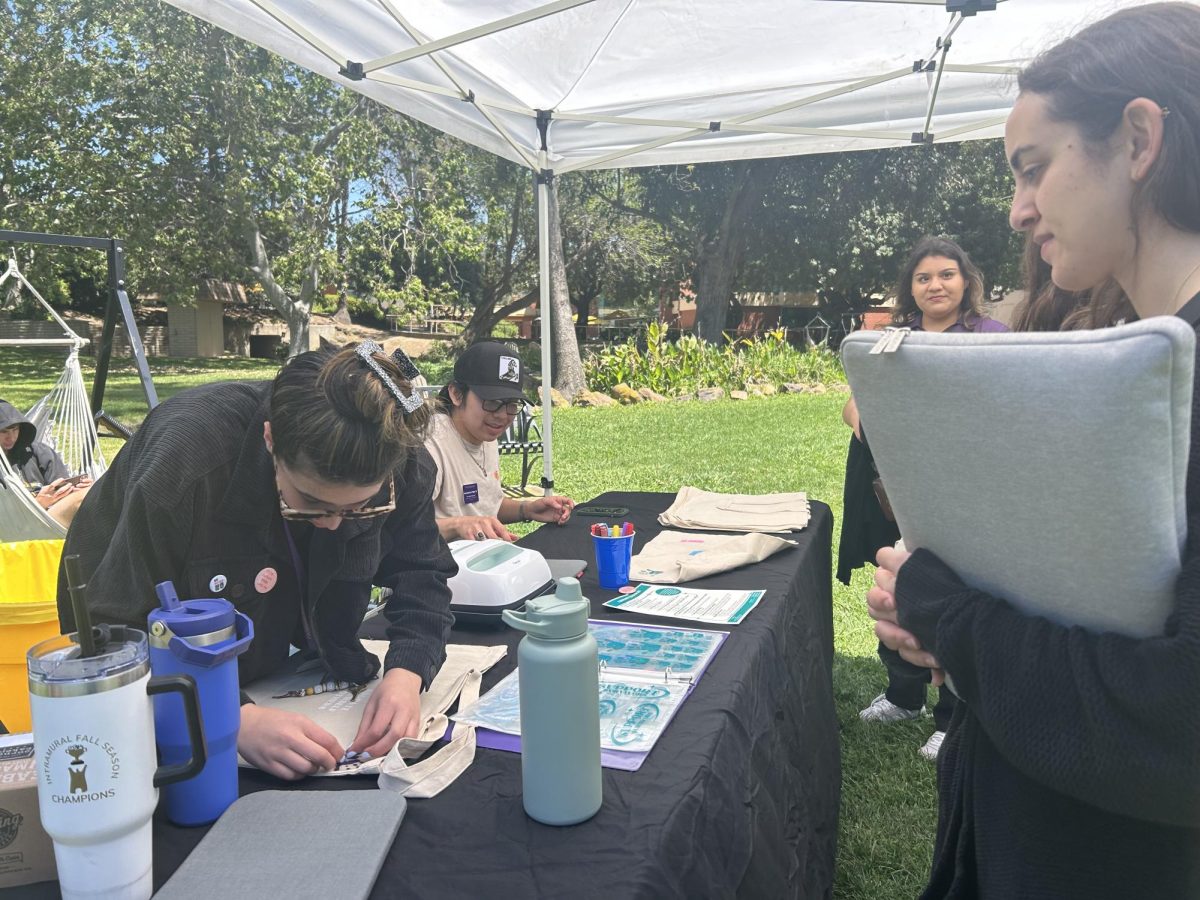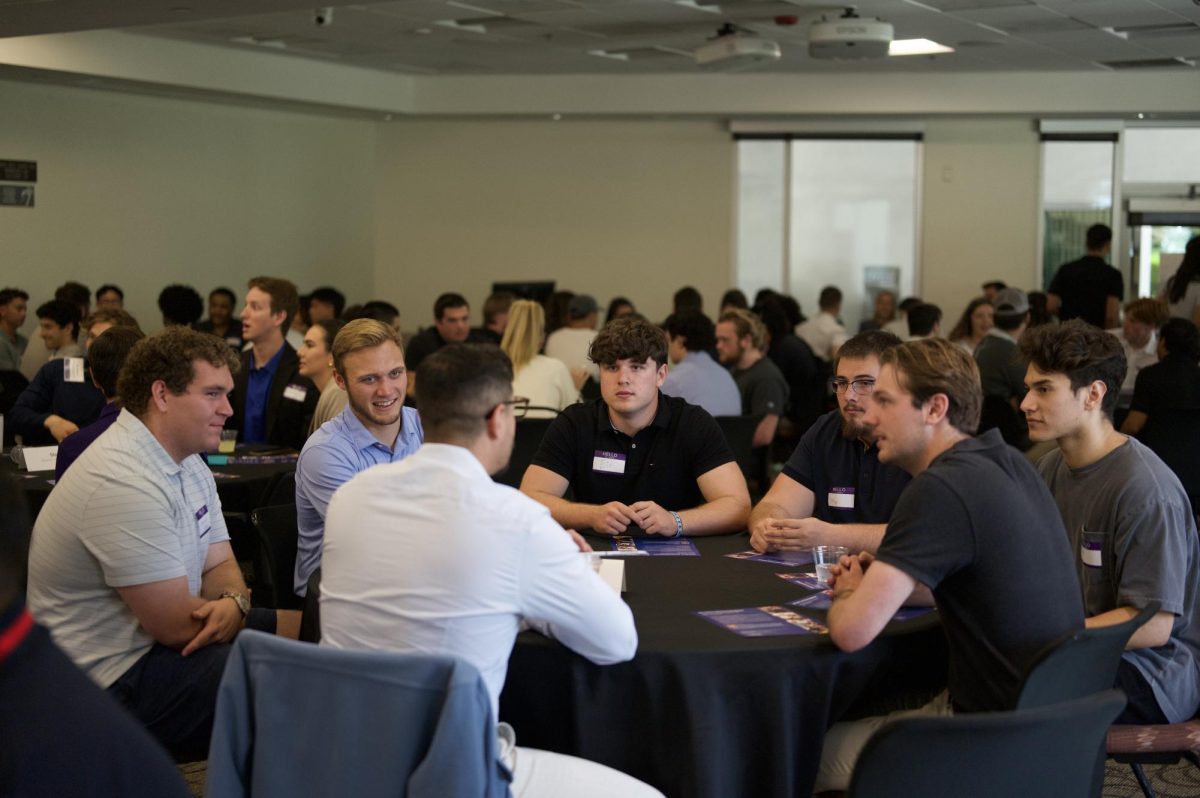Communication professionals with careers ranging from radio directors to marketing officers gathered Feb. 12 for the annual “Careers in Communications Panel” in Ullman 100 to discuss the skills needed to excel in the field.
Duncan Lively, director of programming and operations at KCLU radio, said he believes that while it is important for prospective applicants to have a degree in a related field, what he really looks for are employees who are adaptable.
“A communications degree is a wonderful thing to have, but it’s not going to clench the deal with a respectable employer,” Lively said.
Lively said he also looks for applicants that can create content, report and have some sort of specialization with science, business, math or arts.
Adaptability in the communication field was a common piece of advice guest speakers addressed, as Public Information and Marketing Officer for the Ventura County Fire Department Heather Sumagaysay said it is important to stay up-to-date with the current news, important changes and future scope of the industry.
Sumagaysay said the best way to do this is to “consistently ask, ‘are you, resilient, adaptable, courageous, authentic to yourself and passionate?’”
Sophomore Taylor Campbell attended the panel discussion and said the diversity of the speakers and their occupations impressed her. She said it was “very engaging” to have three different experts in the same field share their words of wisdom and advice.
“A panel like this isn’t really restricted to the communication majors,” Campbell said. “I think you should be aware of your strengths and weaknesses…to learn something. Every interaction can be important down the line‑you never know where you’re going to end up.”
Lively said that while getting a job in Los Angeles, California or New York for a major company right out of college is “very unlikely.” Starting at a small business first where “mistakes can be made” will show the employer the applicant wants the job and is willing to grow.
“Regardless of whatever field you choose, if you know who you are, what you’re great at and you go bang the heck out of it at your job they’ll appreciate you for it and that’s what makes you different,” Sumagaysay said. “It’s not your education‑it’s those experiences that make you who you are.”
Sumagaysay also said she wants to encourage students to make mistakes, tackle dreams and take risks.
“That’s the thing when I look back on my life‑some of the best risks I ever took were the decisions that got me to where I am today,” Sumagaysay said.
Rosie Riehl
Reporter








